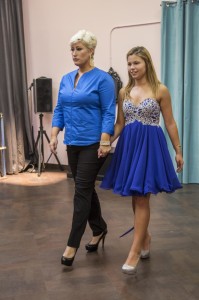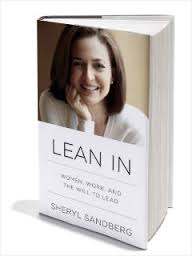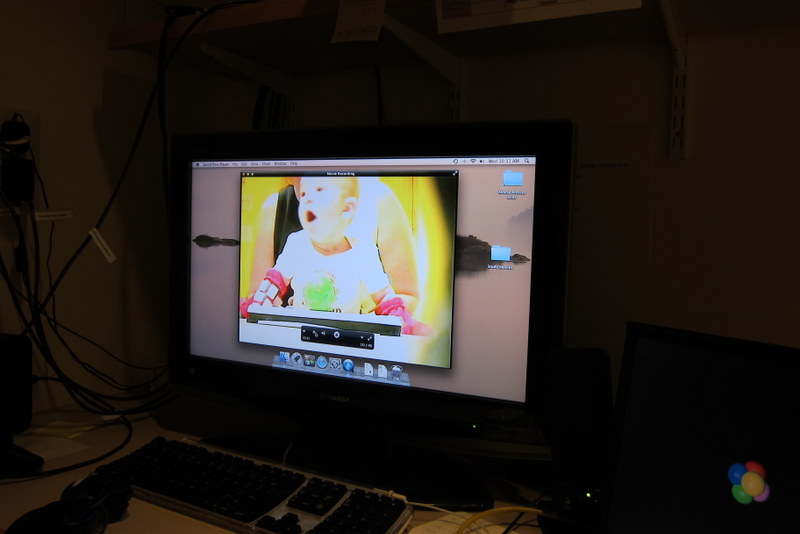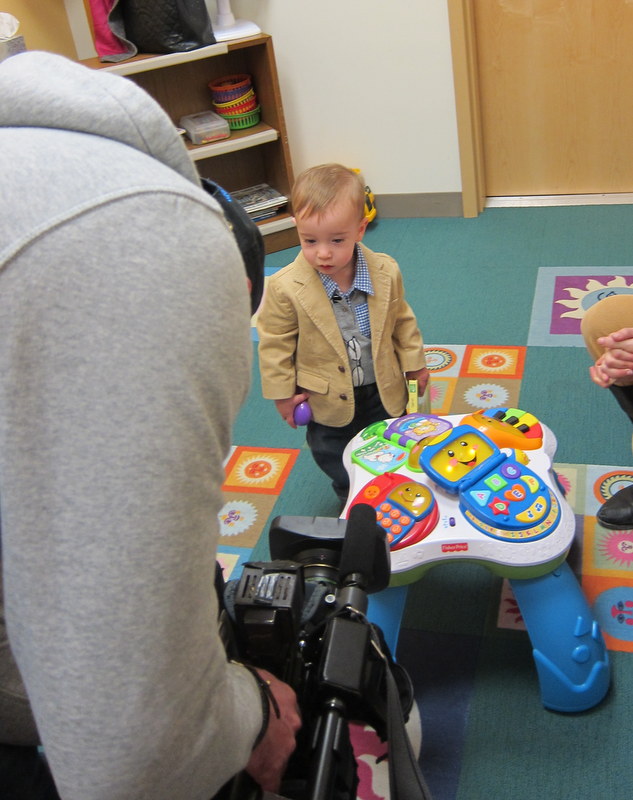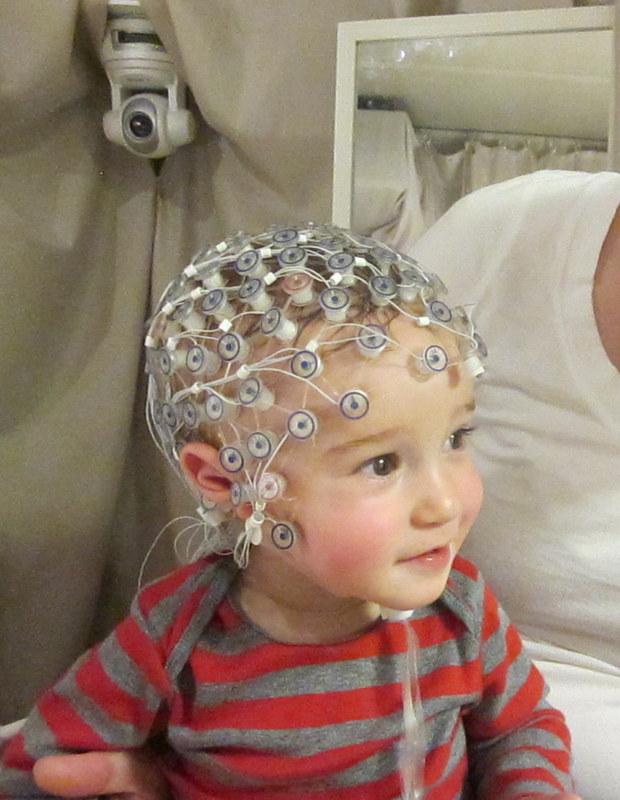Welcome to the world of Anti-Abby Lee Millers... Ironically brought to you by the network that made her famous, Lifetime. Building off the success (or infamy) of Dance Moms (a show I've written about quite a bit), the network debuted two new series this year: Kim of Queens and Bring It! Given the descent of Dance Moms into madness (it's one of the few "reality" shows where I believe some of the cast members truly hate one another, as evidenced by the arrest of Kelly Hyland), I guess it makes sense that someone had to be waiting in the wings and the network doesn't want to come off like Bravo, only creating drama-filled shows to make people famous. Dance Moms has become so divorced from reality with parents engaging in such egregious behavior that you have to think their contracts are so lucrative/ironclad that it's not worth stopping, or the only way to get off the show is to commit assault. In any case, I can't believe the show has made the players into stars, as opposed to the negative backlash caused by Toddlers & Tiaras for many families. I mean, they now show the Dance moms (even relatively sane Holly!) painting on abs and arm muscles on their girls-- how is this any different from spray tans? I've asked this before because there are so many similarities between dance competitions and child beauty pageants for young girls, but so many more do dance that by sheer numbers it's not as marginalized as kiddie pageants. On top of the musculature-enhancing make-up, this year/season the girls often wear costumes with enhanced bust (though some are hitting puberty), which is also uncomfortable to watch at times. Also, the fact that sisters Maddie and Mackenzie (oh, excuse me, Mack Z!) are now homeschooled shows how far off the priorities have become and they are truly not kids living a competitive life, but performers 24/7. Despite all this drama, the show has managed to become boring because it's so formulaic. I for one would never want to go to a competition where the show is filming (for fear of rigging, delays, privacy issues, etc.); although I will admit that the show did give me a glimpse of one of my dance crushes, Blake McGrath, even if he did take a presumably large paycheck to work for Crazy Cathy, so I'm grateful for that
When Kim of Queens started I was initially a bit turned off-- and assumed they were looking to create a new Abby (and to fill the void creating by the cancelled Toddlers & Tiaras). With Kim Gravel portraying herself as country I thought she was trying to horn in on the Honey Boo Boo crowd as well. If that angle drew viewers initially though, it wasn't what made them (or me) stay because despite having contrived story lines and bring a bit silly at times, it became extremely clear that Coach Kim loves all her Pageant Place girls and truly wants the best for them. Her big heart (and voice and personality) and tears made for compelling viewing and her emphasis on growth, loss, and the long-term goal/win as opposed to the short-term win/title/crown was a refreshing message. I of course know the show was staged-- especially so many of the gags with her own family-- and I disliked the way Kin of Queens brought in new girls all the time because the recruits didn't stick around often and it created extra drama when the natural story was more interesting. But overall it was a nice message, and for that reason the series hasn't been as big of a hit. I know Kim isn't always PC, but her comment about clogging being "tapping with hooves," made me laugh. Her aversion to clogging (even trying to transform it into Irish dance) is one example of her outsize personality and wackiness coming from a place of helpfulness and not pure egotism.
Dianna Williams of Lifetime's other new series, which has done well enough to warrant to additional episodes at the end of its run, including a sit-down reunion special, is similar. She is much tougher and even less diplomatic than Kim Gravel, but her students, the Dancing Dolls, face even bigger challenges (the fact that one of the girls' moms became a grandmother at 28 gives you a sense of the challenges in this community). I love that Dianna says she is preparing her "girls" for life and trying to teach them life lessons, which as you know I believe is possible through competitive activities and competitive dance, if done in a healthy way. Bring It! features a hop hop majorette team, which is a style of dance associated with the African-American community and affiliated with many Historically Black Colleges and Universities. The producers often defined dance terms and moves, which even differ from more "traditional" dance. At times I thought talk of "technique" was a bit of a stretch but chalked it up to a different style; but in the finale when a dance team aficionado who was judging complained about the lack of pointed toes I realized the Dancing Dolls were a bit lacking. That said, it was interesting to learn about a new type of dance and all the different categories of competition. The "stand battle" was the biggest component, but there were field dances, captain's dances, burlesque, character, etc. I am sure it is much more complicated than the show let on even so I'd love an insider's perspective! The other refreshing thing about the show was that the body was portrayed in a much less self-conscious way. Compared to the thin Dance Moms girls who paint on muscles, the Bring It! girls embrace their bodies whatever their size and dance with energy and enthusiasm as well (note that this is well known to be more common in the African-American community and black girls/women have fewer incidences of eating disorders and body image problems). I didn't always understand the costume selections, but there is clearly a tradition there. However, my biggest pet peeve was the ripped fishnet stockings and the dance tights showing over the top of the costume pants. That said, the fact many of the girls had to wear "nude" stockings for a different skin tone shows that dance companies should make colors in a wider variety of shades.
While Dance Moms is now so popular it is basically never on hiatus-- constantly doing clips specials and now creating a second team, and a THIRD series starring Abby!-- I'll be tuning in to the shows that feature more positive performance coaches with a more realistic and valuable message. Be sure to check them out, especially if you don't like Dance Moms!
